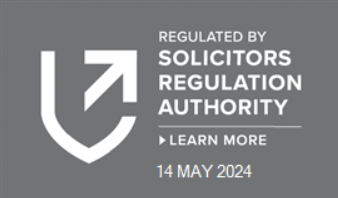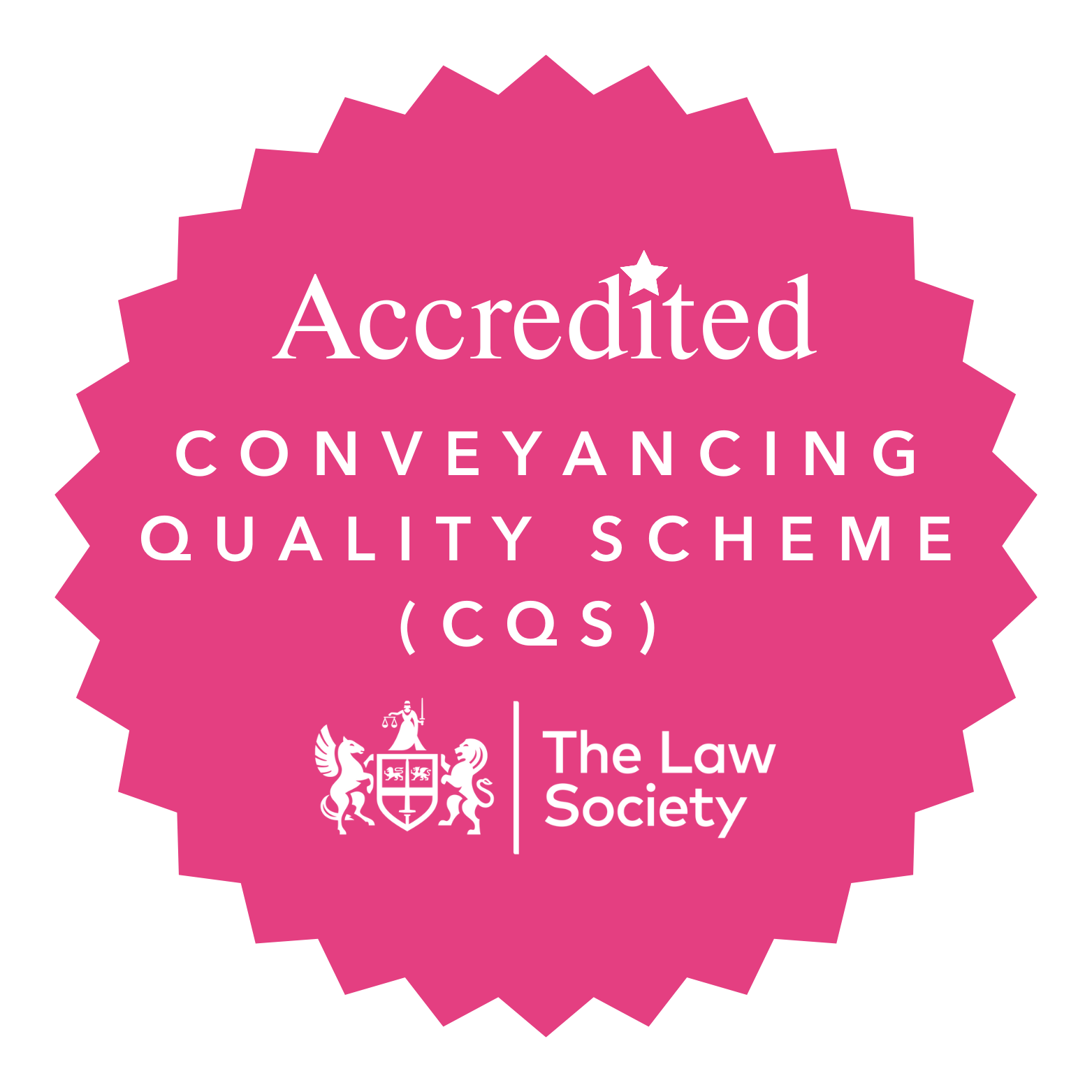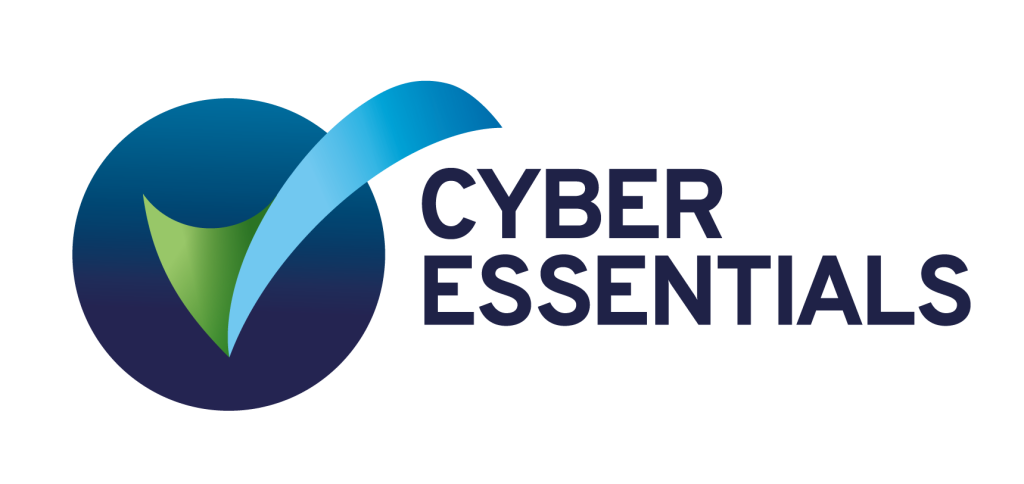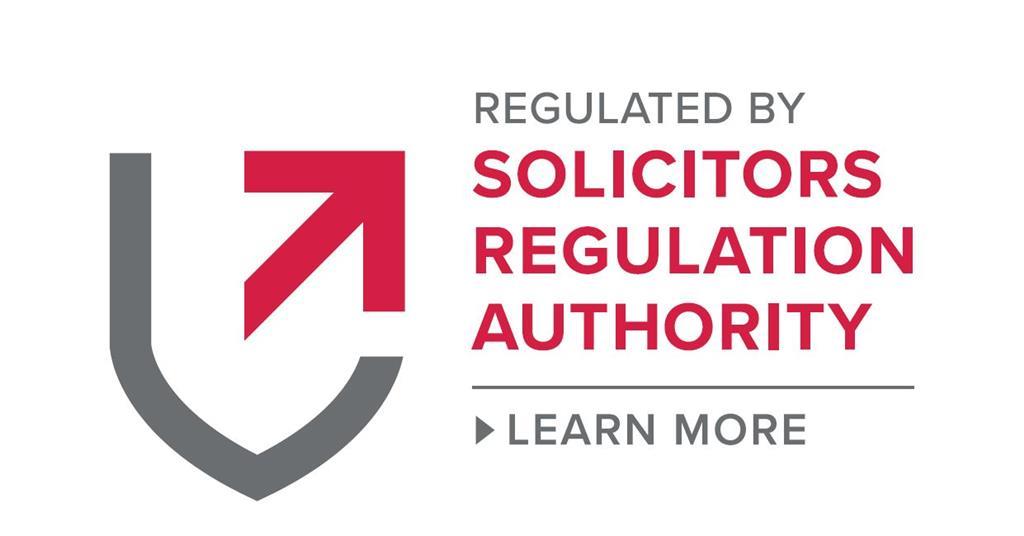Are you a private landlord or agent who rents out private property?
If you are, then you must make yourself familiar with the requirements under the Housing Act 2004 (“the Act”), where local authorities currently have powers to introduce selective licensing of privately rented homes.

What is Selective Licensing?
It is a form of discretionary property licensing for privately rented properties. It was first introduced under the Act to address problems in areas or any part of them, caused by low housing demand and/or significant anti-social behaviour.
With effect from 1 April 2023, a new General Approval will come into force. Where any licensing scheme covers more than 20% of a geographical area or where more than 20% of homes in the area are privately rented homes, local authorities will be required to obtain confirmation from the central government for any selective licensing scheme.
Additional criteria for making a scheme are also now in force to improve the safety, management and quality of the private rented sector. Unlike mandatory and additional licensing, the schemes are not restricted to properties classified as a house in multiple occupations (HMO).
A growing number of local authorities (at their discretion) have made decisions to introduce selective schemes in their areas but there are strict processes to be followed.
It is estimated there are in excess of 100 different licensing schemes now in place. The result is a variety of different schemes across England, and the likelihood of many landlords feeling confused.
Prior to a new designation scheme, the local authority must consult with everyone who will be affected by the scheme. This is the opportune time for agents and landlords to get involved in the consultation of a new selective scheme.
If a property is caught by the scheme, it will need to be licensed and the appropriate form provided by the local authority online must be completed. These schemes are constantly being introduced and updated regularly. Those with large property portfolios must be extra vigilant and ensure that the requisite licence is obtained.
Who can apply for the licence in selective licensing?
Generally, it is the owner of the property or their lettings and managing agents who hold the licence and pay the associated licence fee which can range between £500 to £1,000.
What are the requirements for selective licensing?
There are no national minimum licence requirements under the scheme but a number of existing legal requirements apply:
- Gas, electrical and EPC certificates.
- Working smoke and carbon monoxide alarms as required by the Smoke and Carbon Monoxide Alarm (England) Regulations 2015.
- Any furnishings supplied as part of the tenancy must be compliant with the Furnishings and Fire Safety Regulations.
- Properties must be free from Category One hazards under the Housing Act 2004 Housing Health and Safety Rating System. There are 29 categories to comply with which cover issues including damp and mould growth, excessive cold and/or heat, water supply and accidents, such as falls on stairs or steps.
Not all Councils will inspect properties before the licence is issued. The property is prioritised for inspection based on risk so properties managed by accredited property owners/agents will clearly have a lower priority. Accredited agents with large portfolios will potentially be inspected and audited annually.
How long does the licence last for selective licensing?
Once the licence is obtained it lasts for up to 5 years. If applications are incomplete, then the licence can be granted for a lesser period.
Prior to the expiry of the licence the agents and/or landlord need to check with the local authority to ascertain if the scheme has been renewed or replaced by another scheme in the area. In this situation, a fresh renewal application must be submitted prior to the expiry date of the licence.
Penalties for not having selective licensing
A period of 28 days is permitted to secure a selective licence. Failure to do so could result in a financial penalty of up to £30,000 from the local authority or an unlimited fine from the court upon conviction. More severe sanctions can, however, apply.
What is a Rent Repayment Order for selective licensing?
Another consideration to be aware of is the growing number of Rent Repayment Orders (RRO) that require landlords to repay up to 12 months’ rent to the local authority or to the tenant. There has been a lot of recent press coverage on selective licensing which has raised awareness. As a result, local authorities are increasing their enforcement efforts.
A failure to comply will also put the agent at risk of having a “banning order” registered which will prevent a property from being let. Serious and repeat offenders may result in prosecution and could lead to a sentence of up to 5 years or an uncapped fine.
The offender could also be listed on the database of “rogue landlords and property agents“.
Seeking possession via the “no-fault” Section 21 route in selective licensing
More importantly, landlords who wish to recover possession on expiry or termination of an assured shorthold tenancy, will be prevented from serving the occupier with a Notice requiring possession pursuant to Section 21 of the Housing Act 1988.
Exemptions from selective licensing requirements
The following properties are generally exempt from the scheme but it is important to check with the relevant local authority:-
- Business premises.
- Student accommodation (where the university is the landlord).
- Holiday lets.
- Where family members are occupying.
- The building is managed by the local housing authority.
- Other public services such as the police, fire and rescue services or health service.
- Properties subject to a housing prohibition order covered by a temporary exemption notice, or occupied under an exempt tenancy or licence.
Amount of the Rent Repayment Order in selective licensing
If you are unfortunate to have an Order made against you, the amount of an RRO must relate to rent or benefits paid during a period not exceeding 12 months during which the landlord was committing the offence.
It must relate to the amount paid during the 12 months ending with the date of the offence if the offence was harassment, illegal eviction or violence for securing entry into premises.
The amount cannot include rent payments made after the period of an offence, even if rent was paid during the period of the offence.
Who can the Rent Repayment Order be made against for selective licensing?
A RRO can only be made against the tenant’s immediate landlord. Where the tenant’s immediate landlord is an intermediate landlord, an RRO can only be made against that landlord. It cannot be made against the superior landlord nor against a director of a company landlord.
Applications for Rent Repayment Orders in selective licensing
An application for an RRO is made to the First-tier Tribunal Property Chamber (“FTT”), and can be made by an occupier or a local housing authority.
The FTT must be satisfied beyond reasonable doubt (criminal standard approved) that the landlord and/or the agent has committed one of the offences set out in the legislation. It is not necessary that the landlord or agent has been convicted of the offence.
If the facts are disputed the Tribunal will hold a hearing. An appeal against an RRO is made to the Upper Tribunal.
Examples of some of the offences in selective licensing
- Using or threatening violence for securing entry into premises.
- Illegal eviction or harassment.
- Failure to comply with an improvement notice.
- Having control of, or managing, an unlicensed property or HMO.
The amount owed under an RRO is enforceable as if it were a debt in the county court.
Legal costs for selective licensing
Costs in the FTT and the Upper Tribunal are awarded at the discretion of the relevant Tribunal. The Tribunal does not usually award legal costs unless the claim is unfounded or an applicant behaves unreasonably and the Tribunal decides it is appropriate to make a cost order.
What Defences are available for not having a licence
There are three defences available to someone who does not have the requisite licence:
- When there is a reasonable excuse for one’s failure.
- A notification had been duly given in respect of the house (for example a temporary exemption.
- An application for a licence had been duly made in respect of the house and that notification or application is still effective.
To avoid falling foul of the complex regulatory framework:
- Both landlords and agents must regularly check their local authority’s website for information relating to selective licensing. Do not assume that the other person is dealing.
- It is becoming common practice for property records to be checked by local authorities when complaints are received from occupiers about issues of disrepair. These complaints generally trigger an inspection by an enforcement officer. Make sure that regular inspections are carried out on properties by giving reasonable notice to the occupiers to avoid these situations.
If you are concerned about any of the above, please feel free to contact Spencer Lewis on 0208 8367 3230 who will be happy to discuss.






